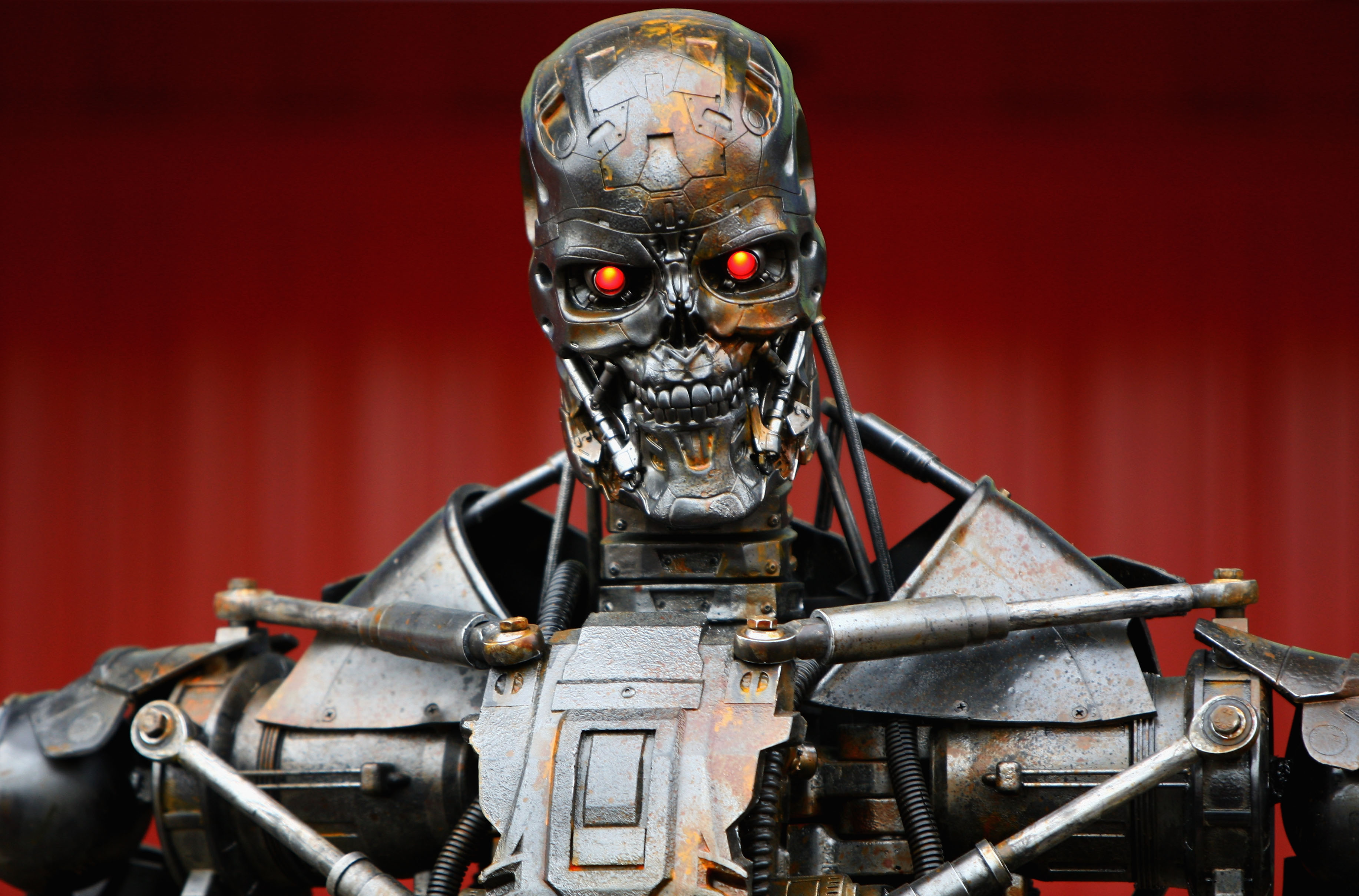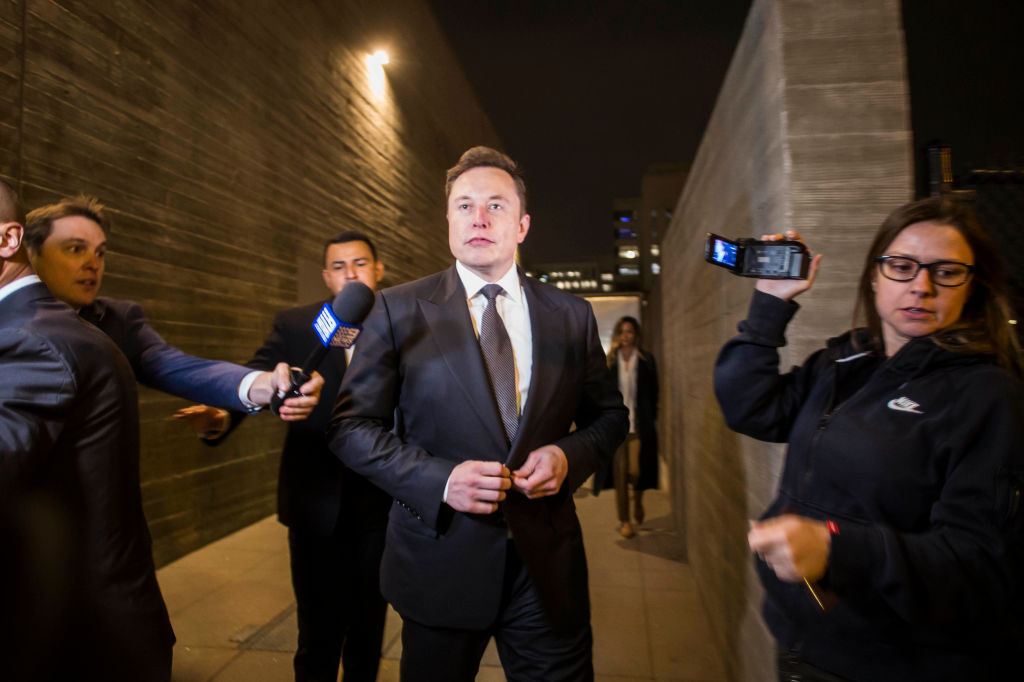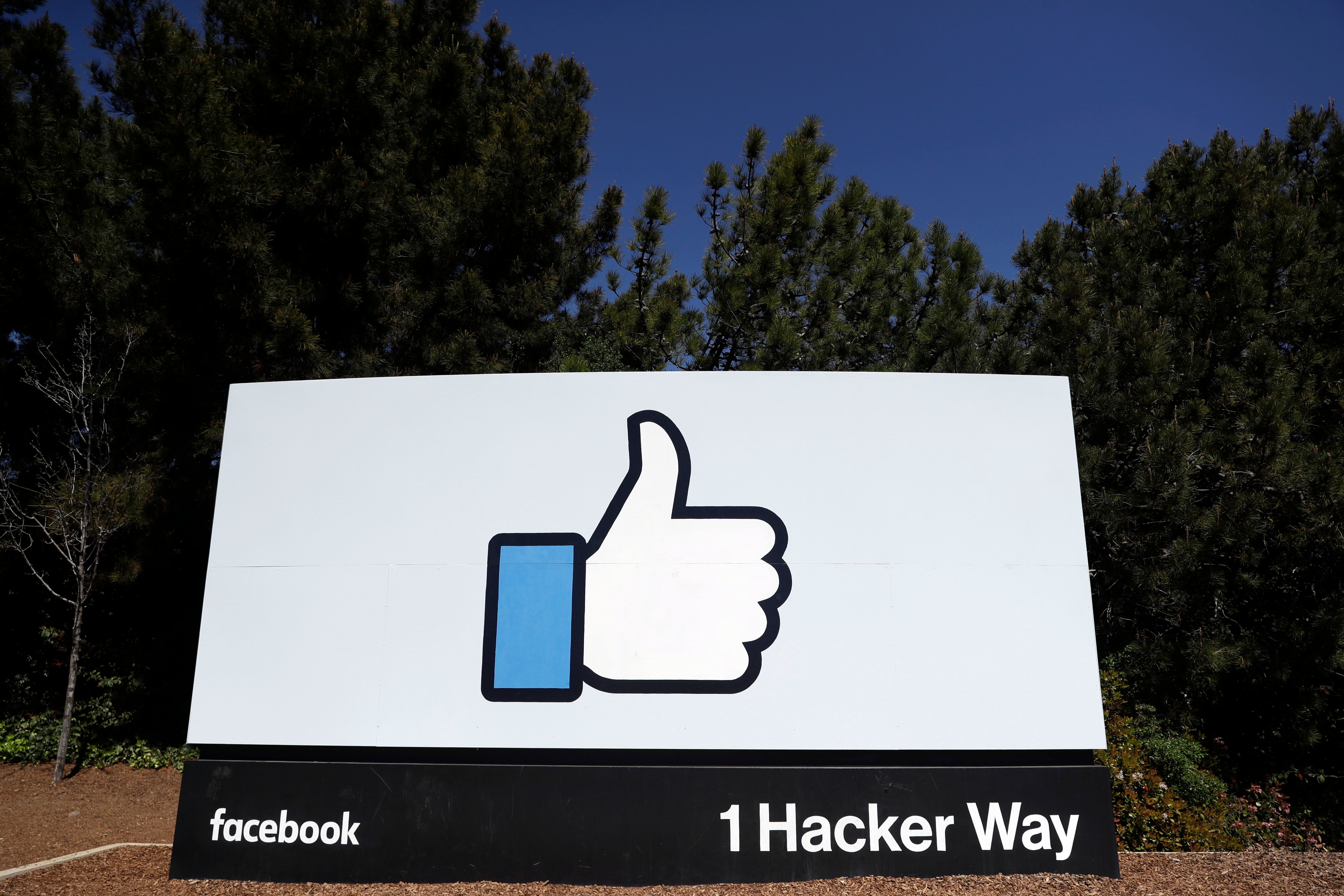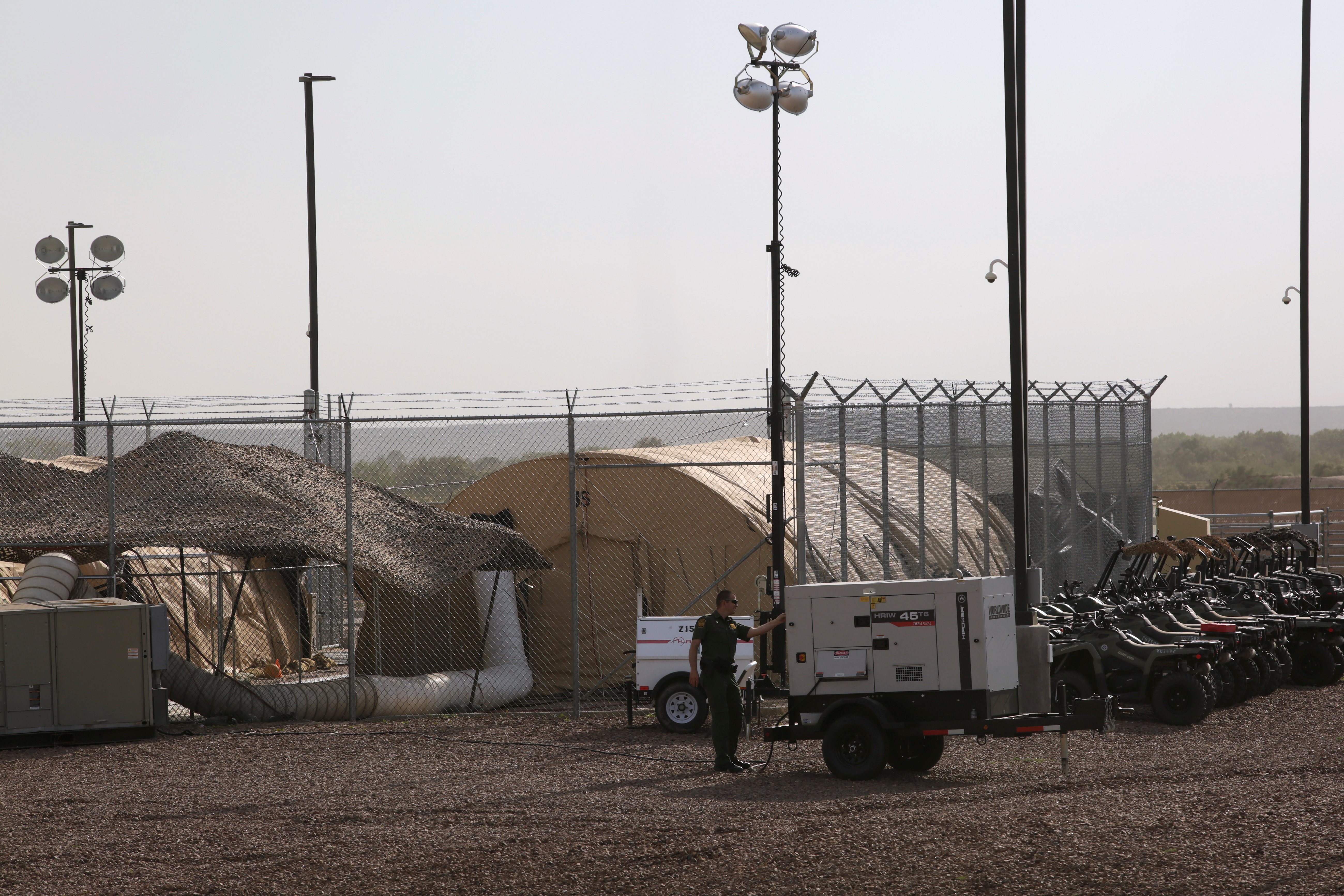Why it's too late to prevent the robot apocalypse
We sealed our fate with robotics a long time ago


A free daily email with the biggest news stories of the day – and the best features from TheWeek.com
You are now subscribed
Your newsletter sign-up was successful
Robots are going to murder you unless we stop them. Or at least, that's the message from hundreds of experts in artificial intelligence who recently banded together to sign a very scary-sounding letter.
Revealed late last month at the big International Joint Conference on Artificial Intelligence in Buenos Aires, the note — bearing the signatures of Elon Musk, Stephen Hawking, and plenty of heavies from Apple and Google — explained that autonomous battle robots must literally be stopped before they kill us all. The fear goes something like this: These automated killing machines might fall into the wrong hands, triggering a worldwide arms race that will make deathbots as ubiquitous tomorrow as machine guns are today.
This is a weird time to raise these objections. Although technology has certainly sped up the timetable for putting mechanized warriors onto the battlefield, it's been clear for decades that the fights of the future will not involve humans alone. We have nightmares about this stuff — and turn them into movies — because we know they're inevitable. It's obvious that we're already far enough along in robotics that mere warnings or even laws can't stop what's next. The killer robots are coming.
The Week
Escape your echo chamber. Get the facts behind the news, plus analysis from multiple perspectives.

Sign up for The Week's Free Newsletters
From our morning news briefing to a weekly Good News Newsletter, get the best of The Week delivered directly to your inbox.
From our morning news briefing to a weekly Good News Newsletter, get the best of The Week delivered directly to your inbox.
Let's remember, too, that machines that are built to kill shouldn't be extra terrifying. Hand a person a gun, and he becomes more dangerous. But people are plenty dangerous without guns. The same is true for robots. They don't have to be built to kill to pose a threat.
Take swarm robots. These little critters, dubbed Kilobots by researchers who have created over 1,000 of them, can be programmed for independent and group control, thanks to a new platform — open-source and free to download — called Buzz. It won't be long before, without firing a shot, you can create mayhem on or off the battlefield by sending waves of swarmers into a flight path or into heavy machinery. Who needs a gun when you can pilot thousands and thousands of bullets?
The Marines are already hard at work developing low-cost swarmbots that can thwart cheap and effective enemy drones.The Navy is hurrying along a robo-boat designed to seek out hard-to-detect diesel-electric submarines on missions lasting up to three months at sea. It's not armed, but it is autonomous — more than your garden-variety drone can say for itself.
With drones and other device-powered weapons, quasi-robots are already part of the battle space. Meanwhile, even ostensibly "civilian use" robots can pose a dramatic threat, especially, of course, when hacked. Put two and two together, and the only surefire way to prevent robots from going to war is to shut down robotics. And that is not going to happen.
A free daily email with the biggest news stories of the day – and the best features from TheWeek.com
As signatory and Apple co-founder Steve Wozniak noted: "If we build these devices to take care of everything for us, eventually they'll think faster than us and they'll get rid of the slow humans to run companies more efficiently.”
That's way more than a military problem. It's the same nightmare we've had since we dreamed up golems. Rather than fearing robots or the future, most of all we ought to fear — and defend against — our own idolatrous fascination with power that caused us to create these humanity-threatening robots in the first place.
Sure, scary letters can help us keep up our guard. But if we keep building robots to take care of everything for us… well… game over, man.
James Poulos is a contributing editor at National Affairs and the author of The Art of Being Free, out January 17 from St. Martin's Press. He has written on freedom and the politics of the future for publications ranging from The Federalist to Foreign Policy and from Good to Vice. He fronts the band Night Years in Los Angeles, where he lives with his son.
-
 Health insurance: Premiums soar as ACA subsidies end
Health insurance: Premiums soar as ACA subsidies endFeature 1.4 million people have dropped coverage
-
 Anthropic: AI triggers the ‘SaaSpocalypse’
Anthropic: AI triggers the ‘SaaSpocalypse’Feature A grim reaper for software services?
-
 NIH director Bhattacharya tapped as acting CDC head
NIH director Bhattacharya tapped as acting CDC headSpeed Read Jay Bhattacharya, a critic of the CDC’s Covid-19 response, will now lead the Centers for Disease Control and Prevention
-
 Retired police captain's shooting death broadcast on Facebook Live
Retired police captain's shooting death broadcast on Facebook LiveSpeed Read
-
 Elon Musk argues his 'pedo guy' insult wasn't literal because 'if you add guy to something, it's less serious'
Elon Musk argues his 'pedo guy' insult wasn't literal because 'if you add guy to something, it's less serious'Speed Read
-
 Trump campaign regularly posted ads on Facebook using the word 'invasion'
Trump campaign regularly posted ads on Facebook using the word 'invasion'Speed Read
-
 Border Patrol chief condemns 'completely inappropriate' private Facebook group for agents
Border Patrol chief condemns 'completely inappropriate' private Facebook group for agentsSpeed Read
-
 Facebook evacuates offices after poison possibly detected at mailing facility
Facebook evacuates offices after poison possibly detected at mailing facilitySpeed Read
-
 Border Patrol agents reportedly mock migrant deaths in private Facebook group
Border Patrol agents reportedly mock migrant deaths in private Facebook groupSpeed Read
-
College student uses Snapchat gender swap filter to nab alleged predator cop
Speed Read
-
Elon Musk will head to trial for calling a cave diver a pedophile
Speed Read
